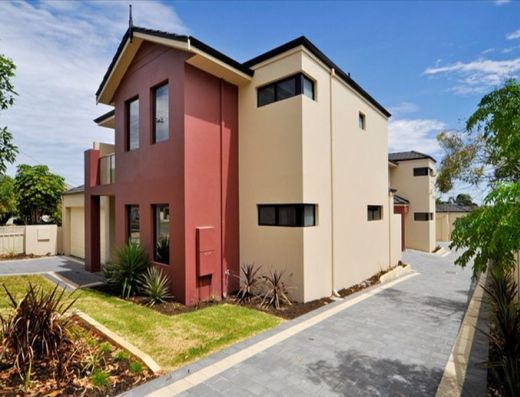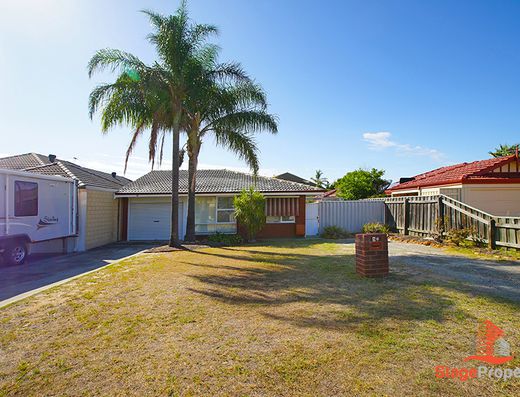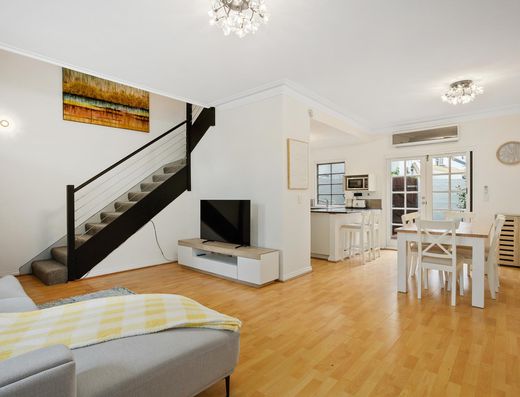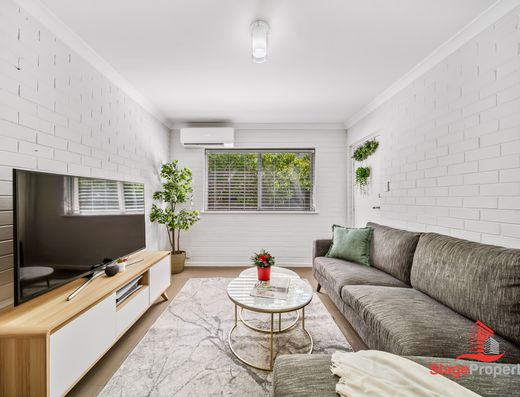Top 5 Buying Tips
1. Know What You Can Afford
Speak with your financier to arrange the best loan to suit your needs. Buyers with pre-approval are in a better position in the whole purchasing process.
Get Deposit Ready
Usually a deposit you need to save for a home is 20% of the purchase price, but you still be able to purchase the property if your deposit is less than 20%, however the lender could charge you the mortgage insurance and higher interest rate.
Get Up-front costs Ready
You may need to pay for other up-front costs when purchasing the property, for example:
- Stamp duty
- Settlement fee
- Government fee
- Finance fee
Get Pre-Approval Ready
Talking to different lenders, knowing your borrowing power and determine how much you can realistically borrow. Obtaining loan pre-approval will give you more clearly idea of how much you can afford to spend on a property and what your repayment will be.
2. Know Your Needs
Are you purchasing a property to live in, or to invest? If to live, an established home, or to build?
If to invest, what type of property suits your needs, residential, rural or commercial?
If you are purchasing a property to live in, it would be a good idea to do some field work to make sure the suburb’s right for you. Pretend you’re already living there, walk around the area, grab a coffee or a meal and see the atmosphere is living up to your expectations. Of course it will be a little different once you’re moved in, but the first hand of experience gives you an idea of the reality of that location.
Be clear of what matters to you, for example:
close to CBD
- access to major roads;
- public transport;
- shopping or entertainment hubs;
- schools;
- close to your work place;
- close to airport;
- cultural diversity
Research The Market
Identify your preferred suburbs. Inspect as many properties as possible in your preferred suburbs so you have a feel of the price.
There is lots of property market report available online for you to find out, such as
Median property prices
Data showing the impact of interest rate
Average selling day
Average number of people looking for property in that suburb versus the number of properties for sale
All this gives you a great insight into the suburbs you’re considering for your future home or investment so you can leap with confidence into the adventure. It’s very useful to look at the supply to demand ratios and trends over time. These give you a better ideas of the property/suburb’s potential.
The most important thing is whether it’s your right time to buy, for your needs and circumstances. Knowing the state of play is useful to help you calibrate that decision, but shouldn’t be the only thing that motivates.
4. Consider Surrounding Suburbs
Considering more affordable neighbouring suburbs, if your target suburb is out of budget.
Before you buy, talk to locals to get residents views on the suburb. Reading local publications and connecting with local websites, bloggers or personalities can also give you helpful insight.
If you’re attracted to an area because of its rising value, that may spill over into nearby suburbs as well.
5. Enter into a Contract
When you find a property that suits your requirements, get your solicitor or conveyancer to review the contract before signing.
If you are still not confident about buying, or you are just too BUSY to search the market; We can help you to find the right property you need, please speak with us about our Buying Services!









